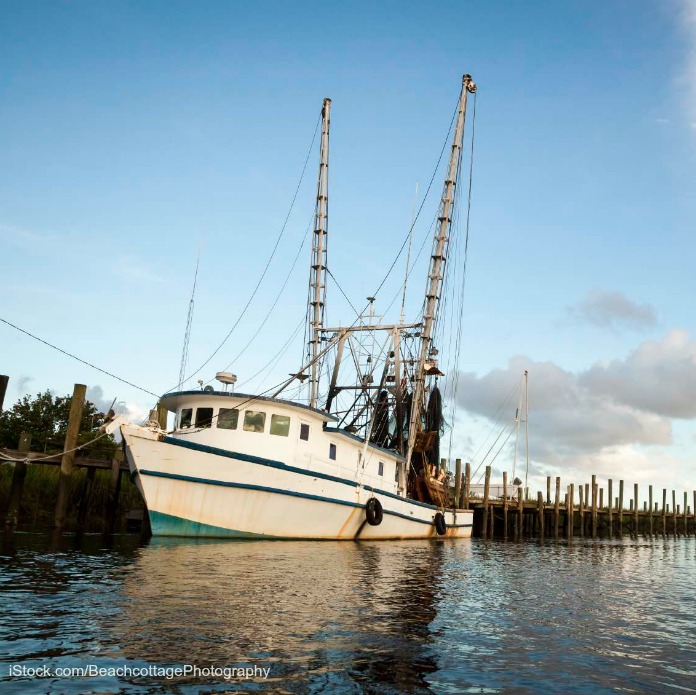Oceana is calling on the Obama administration to require the use of improved Turtle Excluder Devices (TEDs) to save sea turtles and reduce wasted seafood. These devices are metal grates inserted into shrimp nets that allow the turtles and other wildlife to escape.

Many shrimp boats in the Southwest have been forced to use TEDs since the 1980s, but more than 2,000 skimmer trawls are exempt. Those trawls could be killing 50,000 endangered and threatened sea turtles every year. In 2013, shrimp trawl fisheries in the Gulf of Mexico threw away 62% of its total catch of ocean wildlife that were caught in the nets.
Lora Snyder, campaign director at Oceana, said in a statement “protecting sea turtles and U.S. fishing interests do not have to be mutually exclusive. Requiring TEDs in all shrimp trawls is a no-brainer – it will protect marine life, open new markets for shrimpers, boost nature-based tourism, and leave more fish in the sea for other fishermen. This is an easy win-win for conservation and the Southeast fishing industry.”
A new, improved TED with smaller bar spacing has been developed by the federal government in the last two years. That change could help save smaller sea turtles.
In addition to saving ocean wildlife, this requirement would let 2,400 U.S. shrimp vessels to be removed from “red lists” on seafood buying guides. Red lists are put out by Seafood Watch, warning consumers not to buy certain species because they are overfished or otherwise harvested in ways that harm the environment and other wildlife.
The requirement would also reduce the pressure on commercial and recreational fisheries. Of the 242,000,000 pounds of fish that Gulf shrimp trawls threw away in 2013, 90,000 pounds were species that other fisherman find valuable, including red snapper and Atlantic croaker. In addition, sea turtle tourism is important to the local economy in the Southeast coast.




